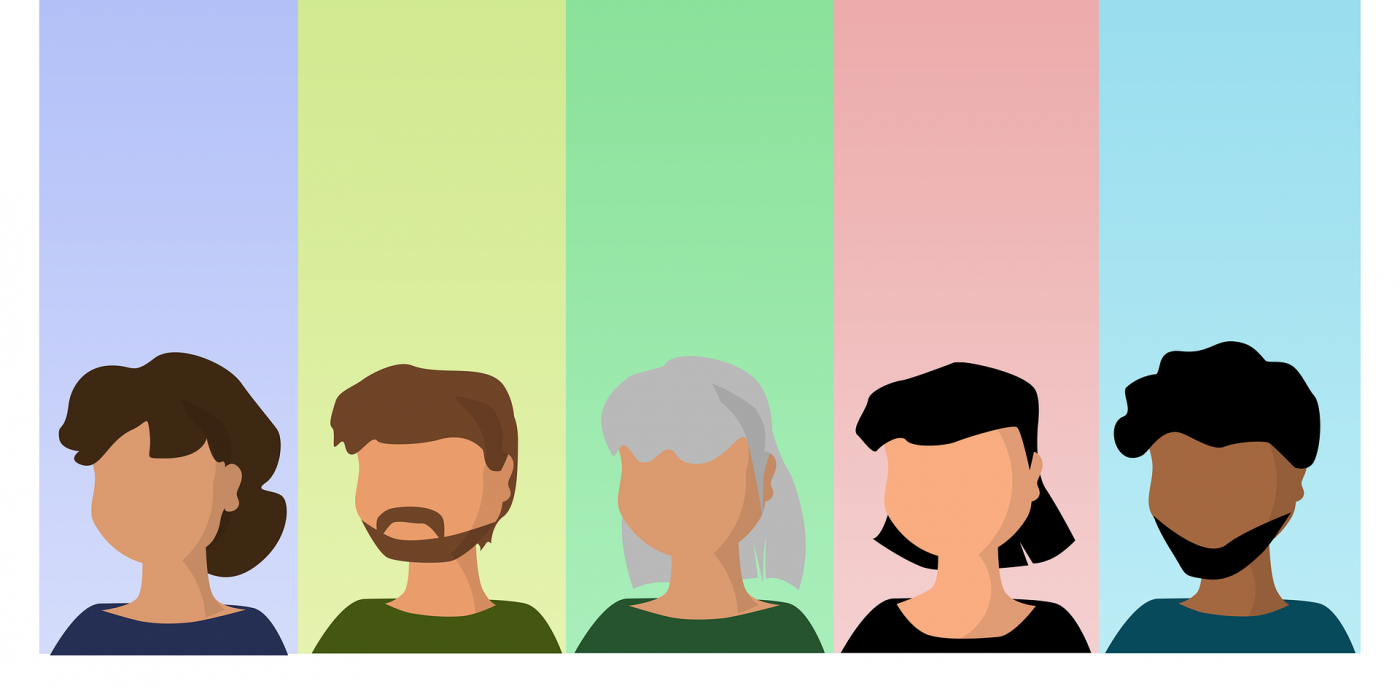Dutch Parliament has heated debate about universities' diversity policy

On Monday, December 6, the Dutch Parliament had a fiery debate about gender equality. One of the issues discussed was academic freedom and the ratio of women to men in the educational sector.
MP Harm Beertema (PVV) kicked off the debate by criticising the "gender-related plans" for the higher education sector. He said that the minister's plans and guidelines are "harming academic freedom and scientific thinking”.
Woke
The discussion was inflamed even further by Roelof Bisschop, member of the SGP party, sho claimed that academic staff have been walking on eggshells. “If you do as much as use the wrong word or if you are not diverse or inclusive enough at a university, that can cost you your head”, stated the politician. He asked the minister to consider the role of diversity officers, for example.
Van Engelshoven acknowledged that academic staff are under pressure, but argued that the same is happening in many different contexts. As an example, she mentioned the intimidatory stickers targeting academic staff seen as 'left-wing'. In the minister's view, “we all ought to take a firm stand to ensure that academic staff can be free to research whatever they want and to publish and talk about that research freely.”
Academic freedom
Universities are free to decide their own diversity policy and choose their diversity officers, stressed Van Engelshoven, saying it is not the minister who dictates that policy. “I have to say that the institutions and academic staff were rather disappointed about the debate in this House”, she declared. Precisely in the context of academic freedom, universities consider diversity “of huge importance”.
According to Van Engelshoven, the aspiration to increase diversity and inclusion is not something that instigates heated debate in the rest of Europe. “In other countries, this is perfectly normal", she said, recollecting that the European Commissioner for Bulgaria was surprised by the reactions in the Netherlands. The minister thinks these reactions make the Netherlands more of a “maverick” than “mainstream”.
Professors
The question of the under-representation of women among professors was raised too. “If we don’t get a move on, we won’t get gender equality among professors before 2041”, said Lisa Westerveld (GroenLinks).
Another party, PVV, brought up the experiment (link in Dutch) conducted at TU Eindhoven, which only hired women until the ratio of men and women was balanced. For Beertema, that's “reverse discrimination”.
The minister was not very concerned by that. In her view, finding a good way to achieve that balance is sometimes “a bit of a juggling act”. But she applauds "the fact that they wanted to do so.”